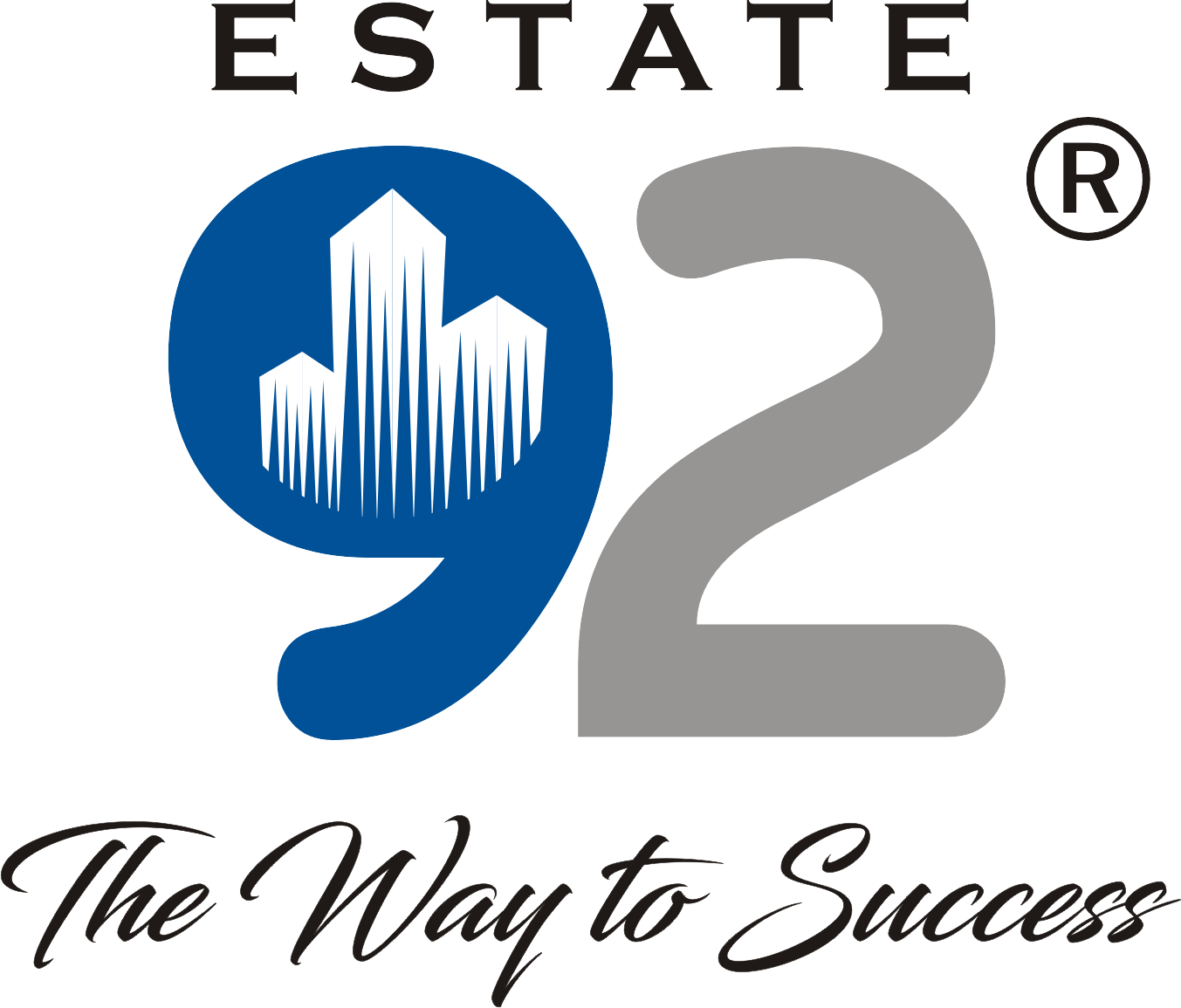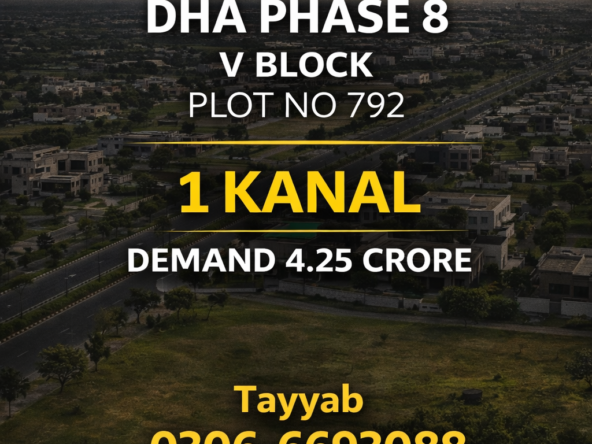Which Property Is Best for Investment: A Complete Guide
Which Property Is Best for Investment: A Complete Guide
Introduction
Choosing the right property is the key to successful real estate investing. Whether you’re a first-time buyer or a seasoned investor, understanding the pros and cons of different property types will help you make smarter decisions and grow your wealth.
1. Residential Properties
Residential real estate—such as apartments, houses, and condos—is one of the safest options for beginners.
Pros:
-
High demand for housing.
-
Easier financing options like FHA or bank loans.
-
Steady rental income potential.
Best for: Long-term investors looking for consistent cash flow.
2. Commercial Properties
Commercial properties include office buildings, retail spaces, and warehouses.
Pros:
-
Higher rental yields compared to residential.
-
Long-term lease agreements with businesses.
-
Potential for significant appreciation.
Best for: Experienced investors who can handle larger capital requirements and management.
3. Rental Properties (Buy-to-Let)
Buy-to-let investments allow you to purchase properties and rent them out for monthly income.
Tips:
-
Choose areas with strong job markets and good schools.
-
Consider multi-family units for increased cash flow.
Best for: Investors seeking predictable passive income.
4. Vacation or Short-Term Rentals
Properties in tourist-friendly locations can generate high seasonal income through platforms like Airbnb.
Pros:
-
Flexible personal use.
-
Higher nightly rates compared to long-term rentals.
Best for: Investors willing to manage frequent turnovers or hire property managers.
Buying undeveloped land can be profitable if you anticipate future development in the area.
5. Land InvestmentsPros:
-
Lower purchase price compared to built properties.
-
Potential for huge appreciation if the area develops.
Best for: Long-term investors with patience and market knowledge.
6. Mixed-Use Developments
Mixed-use properties combine residential, commercial, and retail spaces.
Pros:
-
Diversified income streams.
-
Attractive to tenants and businesses in growing cities.
Best for: Investors looking to diversify risk.
Key Factors to Consider Before Investing
-
Location: Proximity to schools, transport, and amenities.
-
Market Trends: Analyze supply and demand in your target area.
-
Budget and Financing: Ensure you understand mortgage terms and interest rates.
-
Management: Decide if you’ll self-manage or hire a property manager.
Conclusion
The best property for investment depends on your goals, budget, and risk tolerance. Residential properties are great for beginners, while commercial or mixed-use options suit investors seeking higher returns. Always research the market, evaluate potential cash flow, and invest with a long-term vision.





